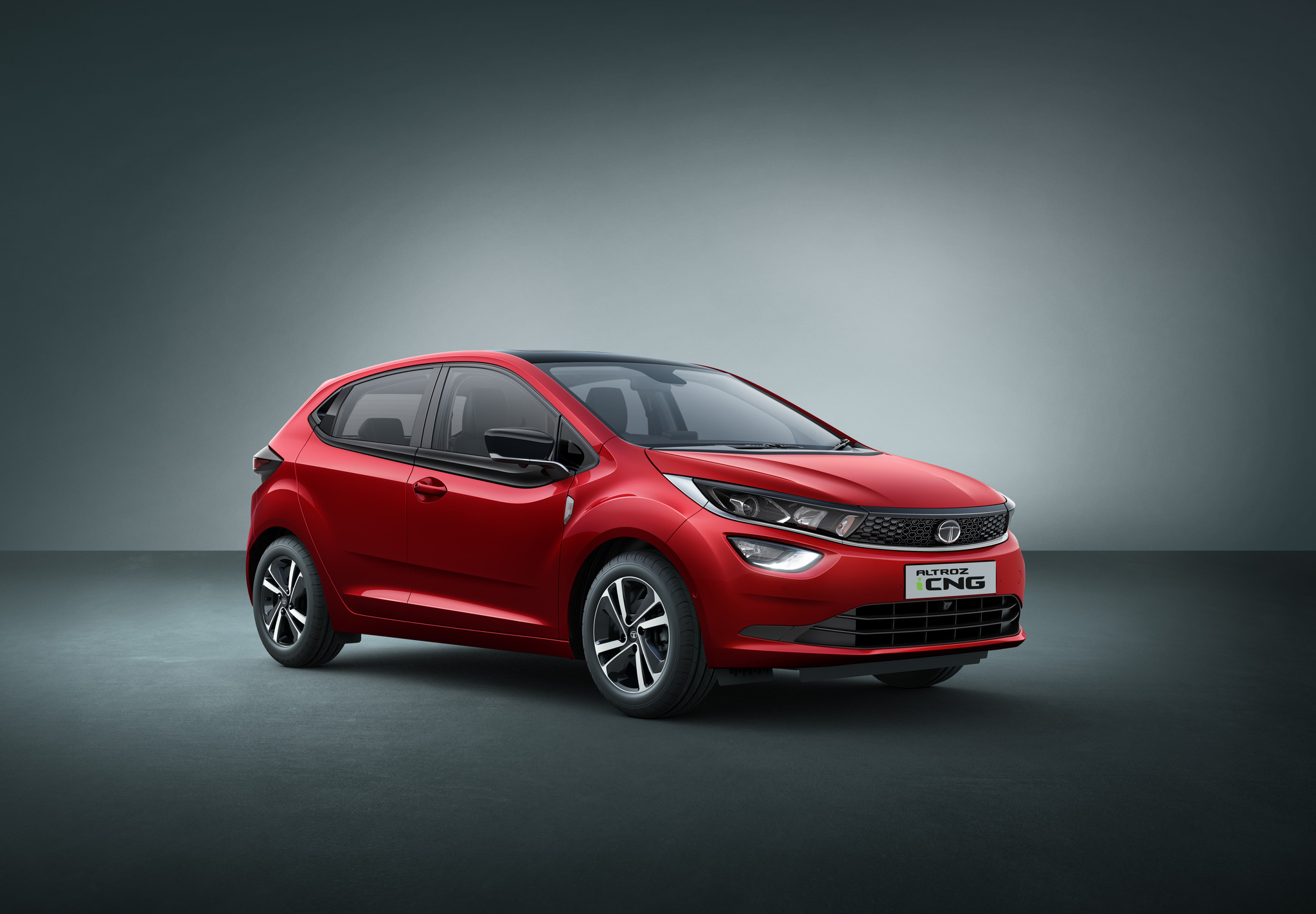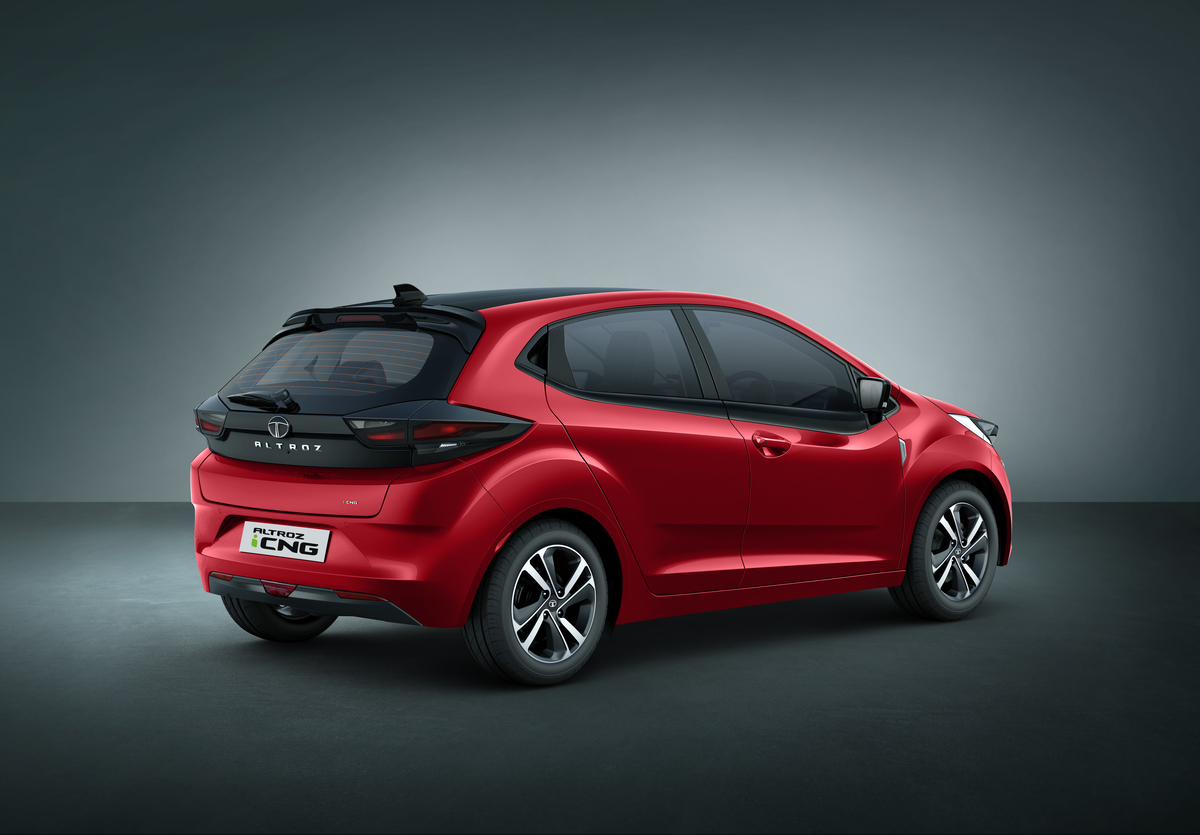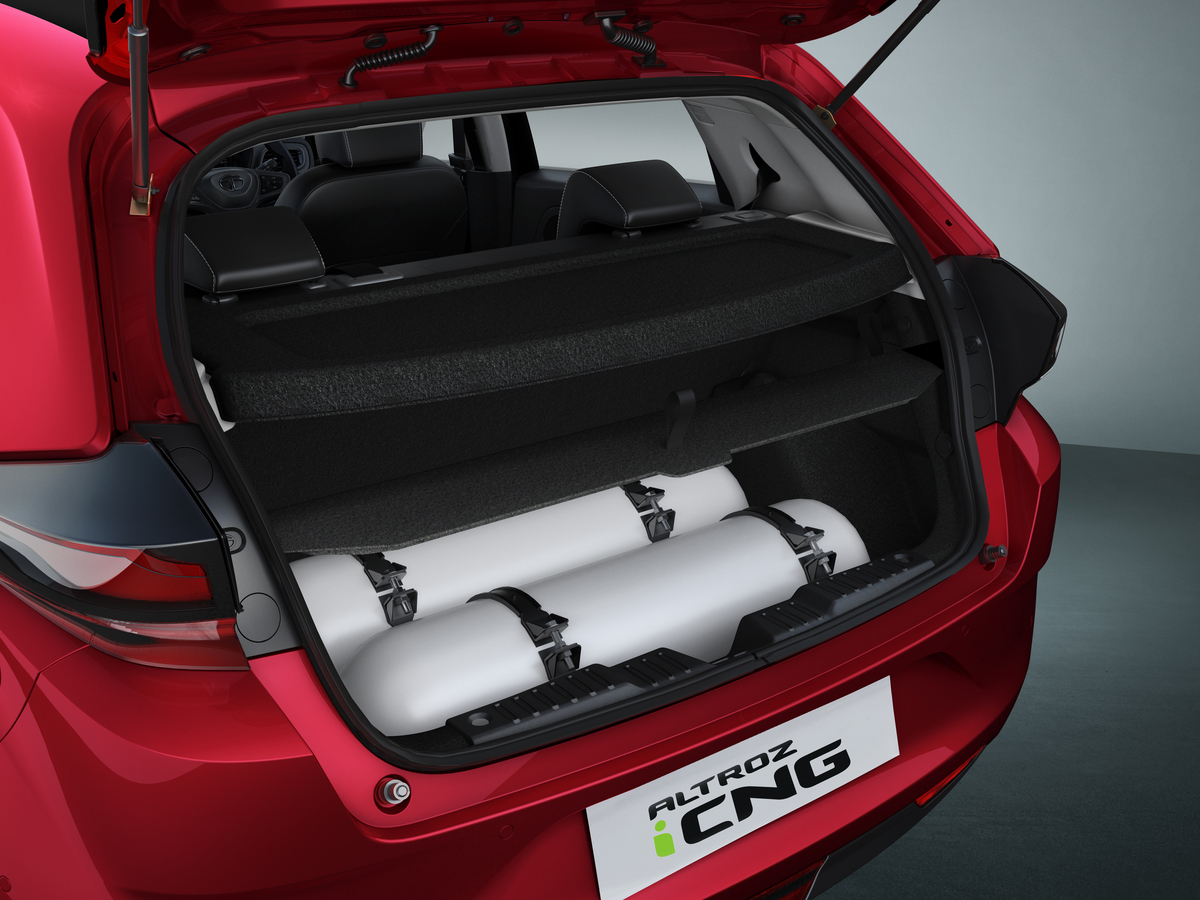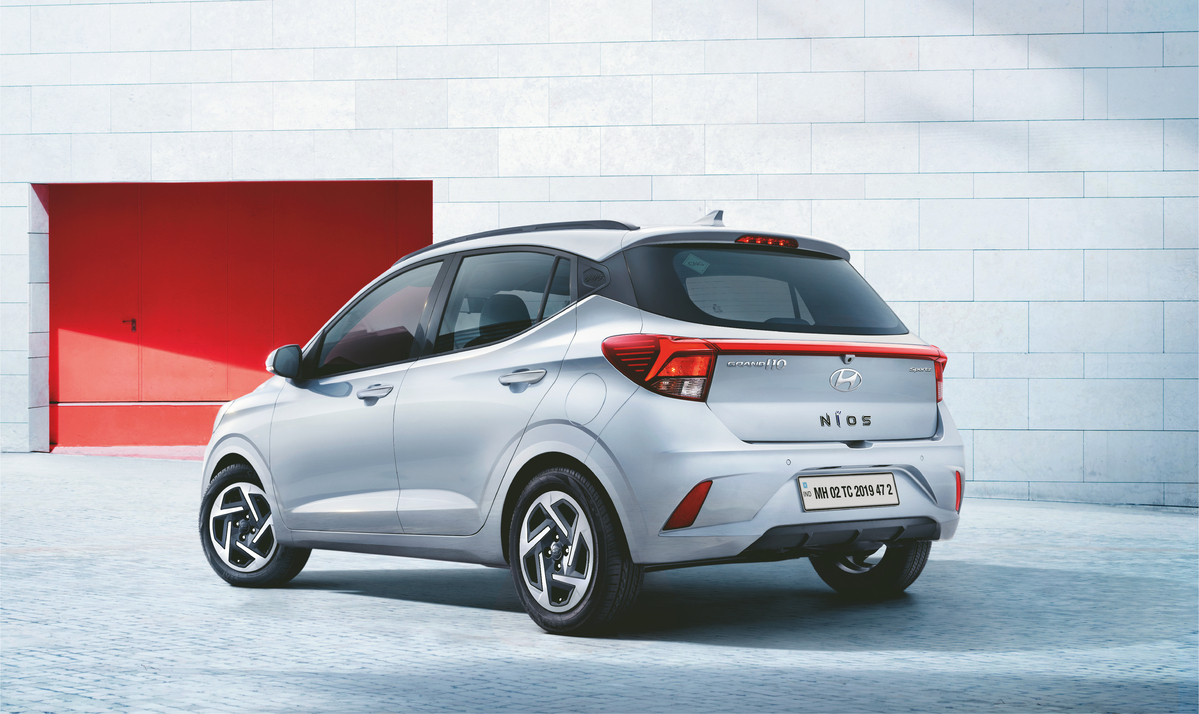Are CNG cars safe? Top 5 myths busted
Here are the top five takeaways you should know about CNG cars
 The Tata Altroz iCNG is offered in all colours similar to the petrol and diesel variants
The Tata Altroz iCNG is offered in all colours similar to the petrol and diesel variantsWith the sudden price surges for petrol and diesel over the years, it has come to a point where alternative fuel or green mobility is often preferred among the masses. Since EVs are quite expensive, the adoption of CNG cars seems viable, especially for individuals who want to save on fuel costs. However, the existence of CNG cars has always been questioned, even though they are greener and leave behind fewer residues compared to petrol and diesel cars. So are CNG cars legit? Let’s bust some myths.
Myth No. 1: CNG cars are unsafe
This is probably among the worst assumptions made about CNG. You should know that CNG has a higher ignition temperature than petrol which makes it less dangerous. CNG can operate at up to 700 degrees Celsius, as compared to petrol’s 455 degrees. So, for instance, if there is an internal temperature rise, it is unlikely that a CNG car will catch fire faster than a petrol car. Also, the cylinders which carry CNG are a lot tougher than the traditional petrol tanks. Before they make their way to cars, they undergo extreme tests to eliminate the risks of leakage.
 The design of the Tata Altroz iCNG remains unchanged compared to its petrol and diesel models
The design of the Tata Altroz iCNG remains unchanged compared to its petrol and diesel models
Myth No. 2: CNG cars are unreliable
If you think CNG-run cars live shorter than traditional petrol cars, then you are mistaken, my friend. CNG is lighter than petrol or diesel and is also non-corrosive which helps the engine parts stay intact even after lakhs of kilometres. This ensures that the repair cost would be lower over the lifetime of the car. In addition, with a CNG car, you don’t have to change the engine oil frequently, as you would do with a traditional car. So if you are a busy person, and find it tedious to take your car for frequent service checks, you will be better off with a CNG-run car.
Myth No. 3: CNG is expensive
There is no hiding the fact that the initial cost of CNG cars is higher than their petrol counterparts. However, that is a one-time scenario, since the cost of CNG is nowhere near petrol’s value. The price of CNG has been fluctuating for quite a while, but according to our research, it juggles between 73 and 90 rupees per kg. Compared to the lowest petrol price in the country, CNG is almost 20 rupees cheaper per kg.
 Tata Altroz iCNG's boot can carry more luggage than most of its rivals, thanks to its double CNG cylinder setup
Tata Altroz iCNG's boot can carry more luggage than most of its rivals, thanks to its double CNG cylinder setup
Myth No. 4: CNG cars have a smaller boot-carrying capacity
CNG cars do not have ample boot space, and there is no way one can deny the fact. However, with the emerging tech in the auto industry, there could be solutions regarding the reduction of cylinder sizes to accommodate more luggage. You don’t have to wait any longer because Tata has already found a solution with the latest iteration of the Altroz, called the Altroz iCNG. This hatchback has two small CNG cylinders instead of one, and the cylinders are transversely mounted, so you can load luggage over them. It would be great if this solution guides other manufacturers to make this myth go away.
 Hyundai Grand i10 Nios Sportz CNG is one of the leading rivals of the Tata Altroz iCNG
Hyundai Grand i10 Nios Sportz CNG is one of the leading rivals of the Tata Altroz iCNG
Myth No.5: The availability of CNG is scarce
Initially, the CNG filling pumps were fewer and people had to join massive lines to get their vehicles fueled up. But fast forward to today, and we hardly get to see such scenarios, thanks to over 5,000 CNG pumps across India. Yes, the number is really low compared to that of petrol pumps, but the number of CNG-equipped cars is lower in number as well. Companies like Adani Gas, and Petronet LNG, are pushing CNG production to make sure it is easily available should the demands increase. Unlike petrol and diesel, a considerable amount of CNG used in India is locally extracted and processed, ensuring we don’t have a steep import bill.


